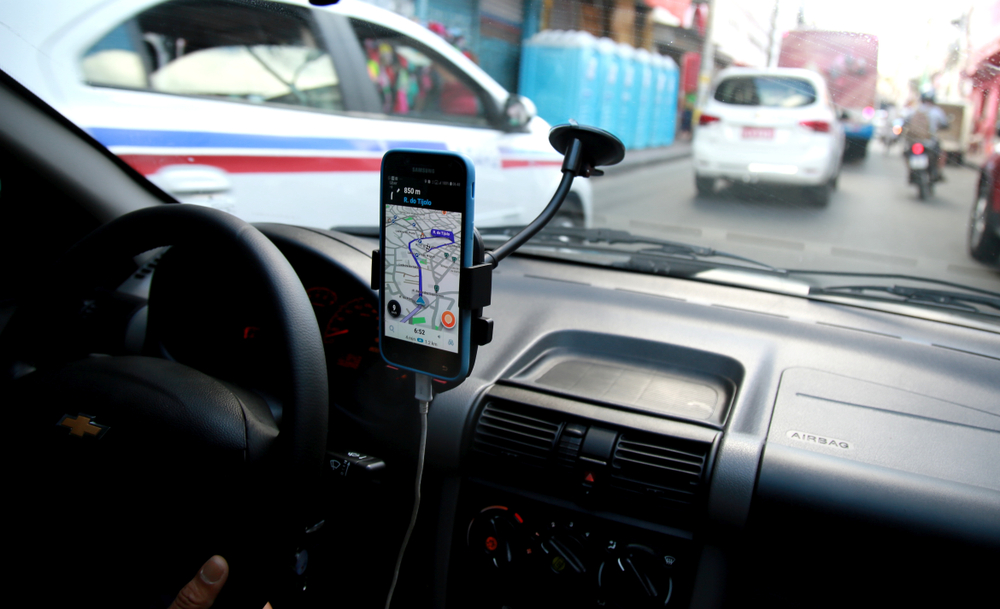Drivers of ride-hailing apps Uber and Didi’s 99 began a 24-hour work stoppage early Monday, causing cancellations and a slight increase in fares on both platforms.
Associations of app drivers such as Fembrapp and Amasp used social media to call on colleagues across the country to join the protest, the main demand of which is an increase in drivers’ pay, which has been frozen for many years. They want a minimum payment of at least BRL 10 (USD 2) per trip and BRL 2 per kilometer.
Drivers are also asking for a reduction in the apps’ commission rates — which, according to Amasp, can be as high as 60 percent per ride — as well as additional compensation for each stop requested by passengers within the same trip, and greater protection against robbery and theft in urban areas. They also want the companies to offer life and health insurance to their partner drivers.
Uber and 99 have rejected these demands, according to Luiz Corrêa, the leader of SindiMobi, a union representing drivers in Rio de Janeiro.
The Brazilian Report has approached both Uber and 99 for comment, but has yet to receive a response.
Amobitec, an association representing apps such as Uber and 99, stated that it “respects [drivers’] right to protest,” and assures that the apps are maintaining an open channel of dialogue with its partner drivers.
Eduardo Souza, the president of Amasp, said on social media that workers do not rule out future demonstrations so that companies understand “how united” they are.
Not that many gig workers, however, have joined the protest.
“App drivers are not a united class of workers. I heard drivers telling those who weren’t satisfied to look for another job. That’s why apps do what they want [in Brazil],” one driver wrote in a comment on Instagram.
Brazil has over one million app drivers, according to the Institute of Applied Economic Research (Ipea), but their opinions appear out-of-step with the government’s intentions.
Since taking office in January, Labor Minister Luiz Marinho has pledged to regulate labor relations in the gig economy.
While the vast majority of drivers agree with the creation of a minimum fare per ride and kilometer driven. On the other hand, they do not want their activity to be regulated within Brazil’s labor laws, as they would rather maintain freedom over working hours and do not want to be tied to a single platform, for instance. Many drivers work for both Uber and 99 simultaneously.
Leandro Cruz, president of the Union of Workers with Intercity Land Transport Applications of São Paulo State, tells The Brazilian Report that drivers who oppose the regulation of their profession under the country’s labor laws fail to comprehend its purpose.
“The demands are for the workers to receive fair pay and have access to social security. We have no intention of changing the legally permitted 12-hour working day, but exceeding this limit is a risk for drivers and passengers,” says Mr. Cruz.


 Search
Search






































